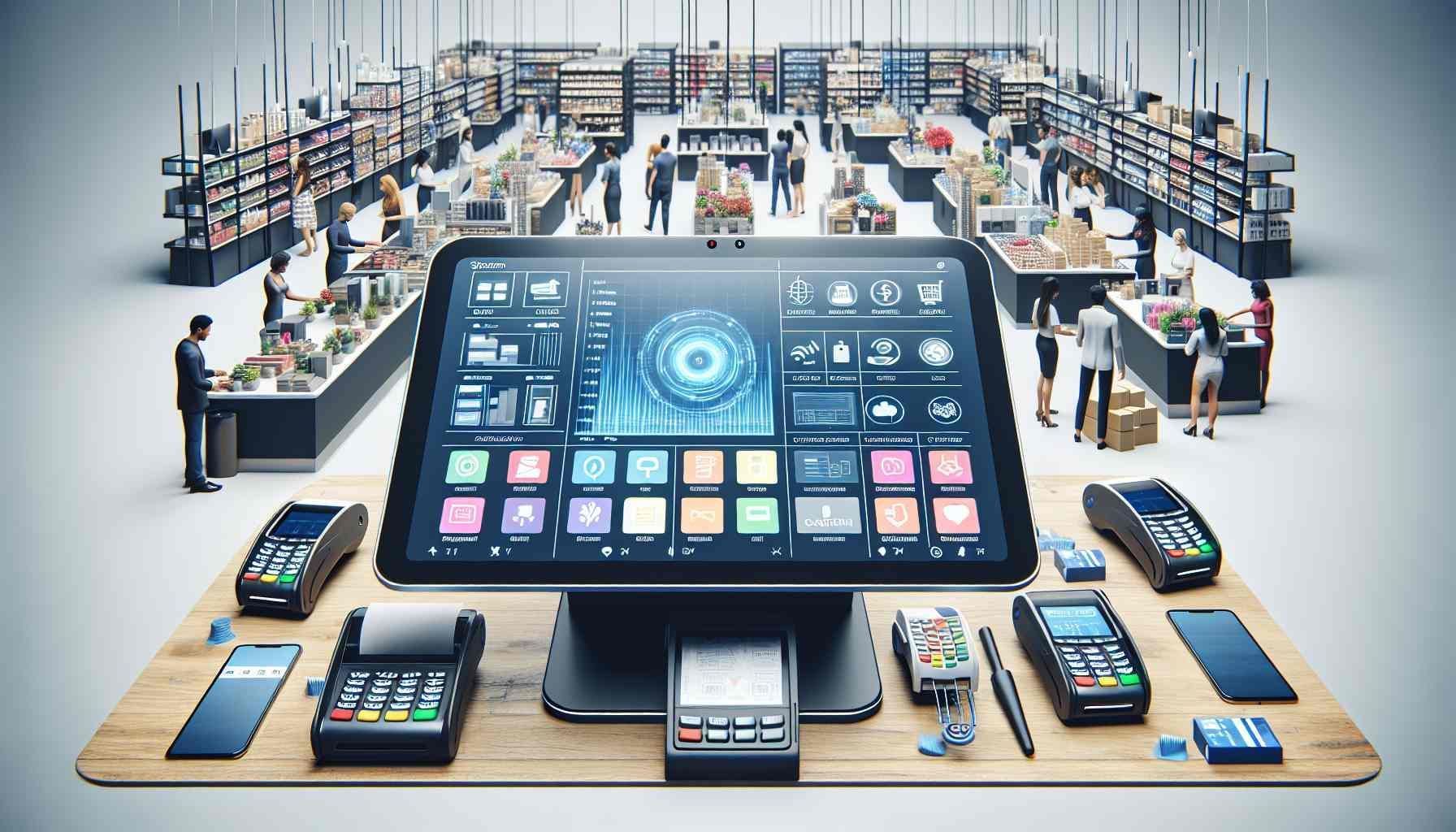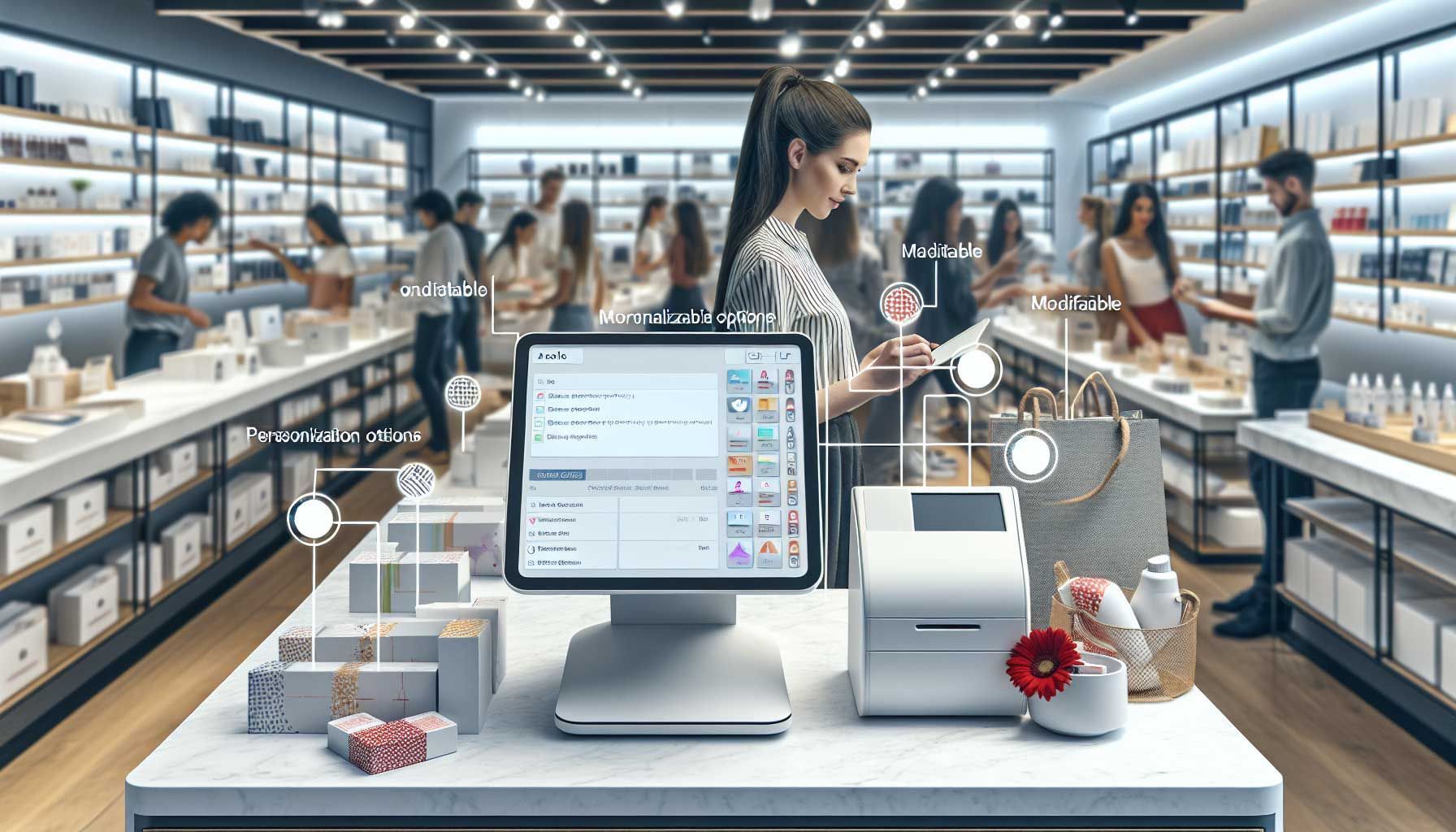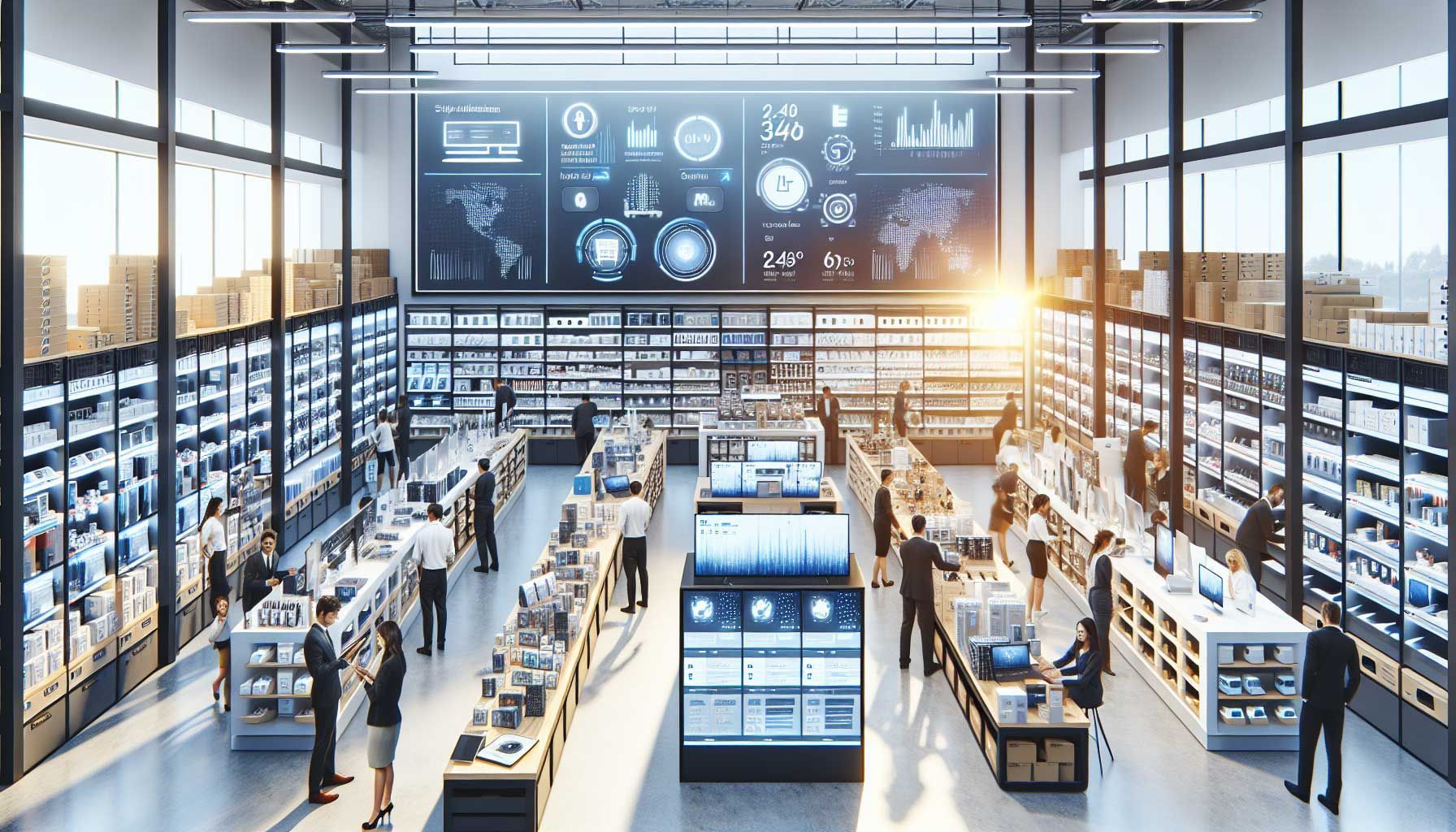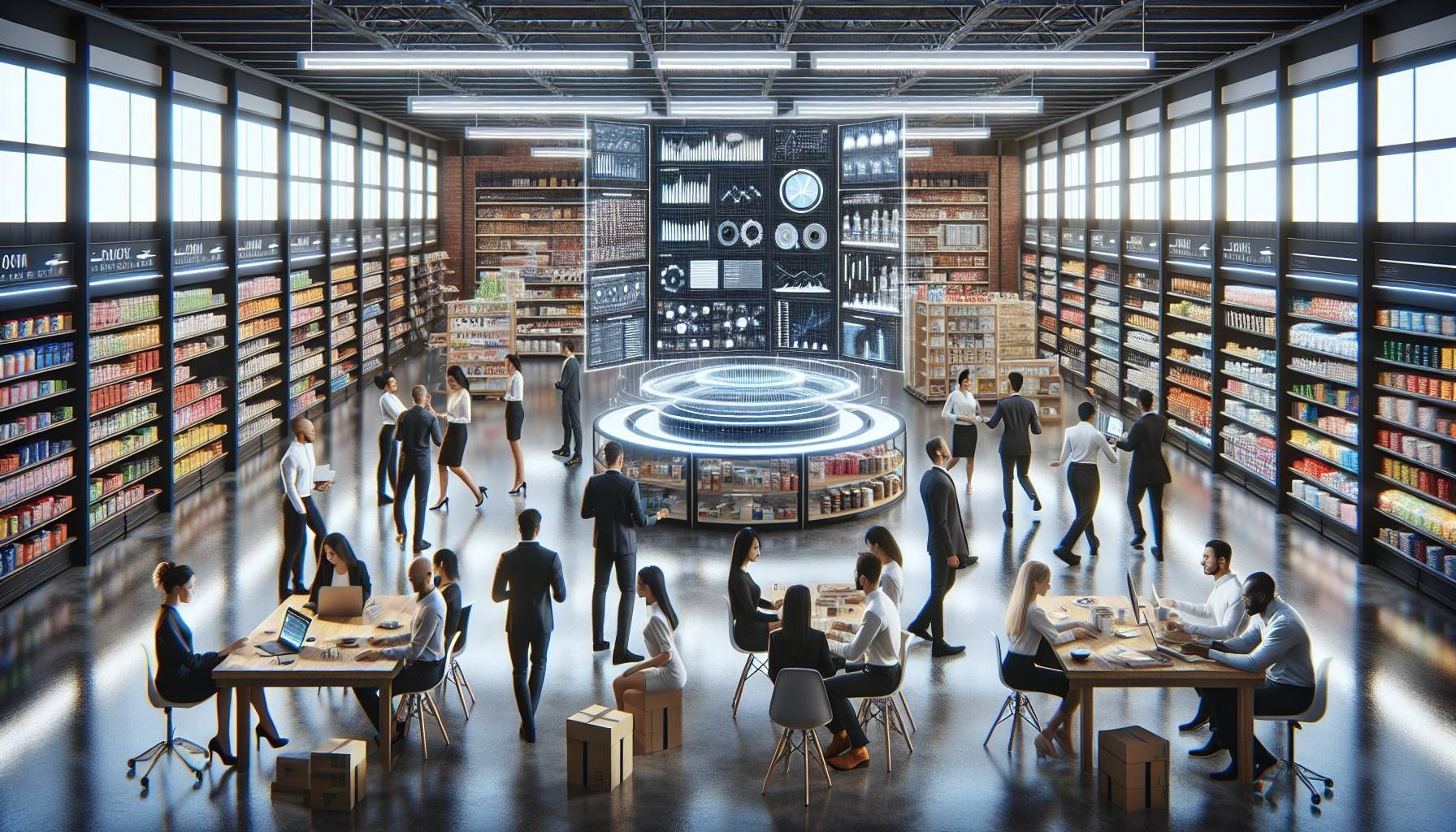Should you Use a PIM System and What are the Benefits?
As a business owner, you want to get good results. For this it is important that everyone in the organization does the right things. Only in this way can the marketing and sales objectives be achieved. Up-to-date product information is an important part of this. That is why today we are looking at the use of a PIM system and what the benefits are for the success of your organization.
We look at various options and types of companies which system might be interesting for your company.
We look at various options and types of companies which system might be interesting for your company.
But first, what is a PIM system?
A Product Information Management System (PIM) is a software system designed to help organizations manage the product data and related content. Think about images, SEO texts, pricing and product features. The data can be added by an employee, but could also come from external sources. For example, from suppliers.
A PIM system helps organizations to maintain their product information in a structured format. It also helps them to organize, store and control access to the data. Organizations can use these systems for various purposes like product catalogs, production planning, customer service, marketing campaigns, financial analysis etc.
A PIM system helps organizations to maintain their product information in a structured format. It also helps them to organize, store and control access to the data. Organizations can use these systems for various purposes like product catalogs, production planning, customer service, marketing campaigns, financial analysis etc.

What are your benefits of a PIM system?
So a PIM system is a powerful tool that can help you manage the product information. There are many benefits of using a PIM system. A few of them are listed below:
- It helps in managing large data sets
- It ensures that all the data is up-to-date
- Helps in making informed decisions and forecasting future needs
- Reduce the cost of product information management
- Improve customer service levels
1. It helps in managing large data sets
The system can be very helpful in companies that have a large number of products or many different versions of a product. It can help with the creation, storage, and retrieval of all the necessary information. The system can also be helpful with the creation of products. It allows for a great amount of flexibility when creating new products and new versions of existing products. For this functions such as a ‘bulk update’ and ‘purchasing tool’ are needed to quickly and easily edit the information.
2. It ensures that all the data is up-to-date
Perhaps this is the most important reason to start using a system for product information. Do you have thousands of products and people are constantly updating the information? That's a challenge. Especially if you have multiple locations, a webshop and are selling through marketplaces. For this it is important to have one source of truth that connects all systems.
A PIM System ensures that you can manage the data from one place instead of in different systems. It provide a way to establish consistency across processes and in organizational structures.
A PIM System ensures that you can manage the data from one place instead of in different systems. It provide a way to establish consistency across processes and in organizational structures.
3. Helps in making informed decisions and forecasting future needs
The use of real-time data in decision making is not new, but it is becoming more prevalent. This is because the data that we can collect and process has increased exponentially. The benefits of using AI in decision making are that it helps in making informed decisions and helps in inventory management. For this it is important that you store all information in one system, so that it is easier to get started with the data.
Furthermore, a PIM system can help in forecasting future needs. It can be used to identify the need for a product before it is even created. This is done by analyzing data and trends and predicting future needs. This allows companies to effectively plan ahead for change and respond quickly with new products or services that will help them compete in their markets faster than their competition.
4. Reduce the cost of product information management
PIM systems are more than a software application that helps boost sales. It also helps to reduces costs by reducing the time taken for data entry, updating or search for information. Certainly if the current company information can be combined with product information from the industry in one system. In this way it also saves costs in figuring out and
selecting the best brands
and products.
5. Improve customer service levels
Good product information increases customer satisfaction. How nice is it if the right photos are included with the product and all details are filled in? It is the first point of contact for customers and plays a crucial role in how they perceive your company. Also ensure that the sales team always, everywhere has insight into the correct stock level and product information. This offers more possibilities to optimally serve customers.

Who could use a PIM system?
So there are many benefits for companies to use a PIM system. Therefore, is useful for retailers, wholesalers and manufacturers. It can be used by the sales team, marketing team, purchasing staff and management. The IT team also gains many benefits if product information is stored centrally.
But when does it offer more than your current ERP system? Let's sum up several points.
This is mainly due to the workload you have without a PIM system. Nevertheless, it also has to do with the costs involved in implementing product information management software. So, as you can see, it is especially suitable for fairly large companies with different teams. And that is precisely the problem why smaller companies find it difficult to automate these processes.
But when does it offer more than your current ERP system? Let's sum up several points.
- If you are selling more than 15.000 products
- If you sell through different channels
- If you have multiple locations
This is mainly due to the workload you have without a PIM system. Nevertheless, it also has to do with the costs involved in implementing product information management software. So, as you can see, it is especially suitable for fairly large companies with different teams. And that is precisely the problem why smaller companies find it difficult to automate these processes.
Why the current solutions are not always the best option for you
Many solutions charge a minimum of $300 per month. You then get an empty database that you have to fill yourself. This also requires technical knowledge or a technical partner to link different systems.
There are also cheaper data management systems, but they do not offer the right solution when it comes to inventory management. So if you are a small company, you will quickly be left out. That is why we focus with Retailgear on building value networks. The PIM System is the foundation for this. However, it is then not used by only one company, but by several companies in the same industry. Let’s explain that.
There are also cheaper data management systems, but they do not offer the right solution when it comes to inventory management. So if you are a small company, you will quickly be left out. That is why we focus with Retailgear on building value networks. The PIM System is the foundation for this. However, it is then not used by only one company, but by several companies in the same industry. Let’s explain that.
A branche specific solution can help you
The strength of a chain is to perform better together than another chain. If supplier and retailer succeed
in doing this
together, both parties will reap the benefits. Sharing product information is essential for this.
That is why Retailgear offers a product information system for an entire industry instead of one company. So each company works in the same database, but does not share its prices. Only the general product information is shared. In this way, a retailer only pays a small monthly amount and has direct integration with its suppliers. In this way, the database is the basis of a value network .
The unique thing is that every user uses the same product ID. This offers opportunities in the field of marketing and sales in collaboration with the supplier.
That is why Retailgear offers a product information system for an entire industry instead of one company. So each company works in the same database, but does not share its prices. Only the general product information is shared. In this way, a retailer only pays a small monthly amount and has direct integration with its suppliers. In this way, the database is the basis of a value network .
The unique thing is that every user uses the same product ID. This offers opportunities in the field of marketing and sales in collaboration with the supplier.


We look forward to share the best strategies with you.
Thank you!

Bring your shop to the next level
Hi, I'm George and I like retail and technology. Therefore, my passion here at Retailgear.com is to provide you with reliable information to automate and digitize your store. You can find out what we can do for your industry through our menu. Also, feel free to check out this updated list of retail tools.
Get inspiration in your inbox to get more sales and store visitors with less effort.











